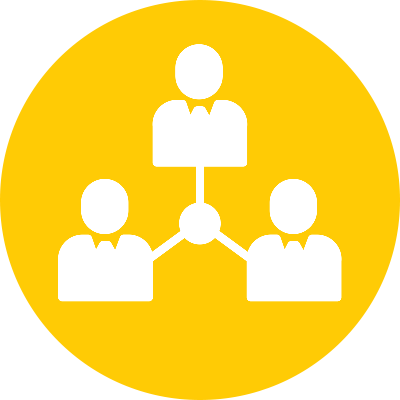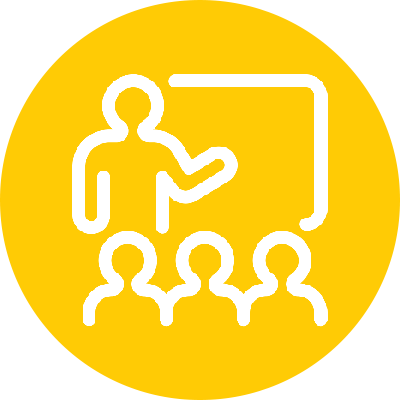Innovation Underground
What happens when you bring scientists, entrepreneurs, and innovators together in a casual atmosphere? Big ideas!
Innovation Underground is a series of free get-togethers for our members. It's a chance for you to meet like-minded individuals looking to make a difference in critical care.
Member Network Breakfast & New Member Orientation
Sometimes we just want to say thanks. The member network breakfast, held twice per year, is an opportunity for the Weil Institute to honor and celebrate our members and to welcome the newest participants to the organization. It’s also a great opportunity to meet fellow researchers, engineers, clinicians, and data scientists who share the goal of shaping the future of critical care innovation.
Weil Visiting Scholar Seminar Series
Semi-annually, we invite leaders from all disciplines to present on a range of critical care topics such as neurologic catastrophes, sepsis and severe inflammation, trauma and combat casualty care, and cardiac emergencies. The Weil Seminar Series provides great opportunity for our members to network and discuss the latest in critical care medicine.
Recent Seminars
January 24, 2019: Precision Medicine in ARDS with Dr. Carolyn Calfee
Dr. Calfee is Associate Professor in Residence of Medicine and Anesthesia at UCSF, where she attends in the intensive care units at Moffitt-Long Hospital. Dr. Calfee received her undergraduate degree from Yale University and her medical degree from the University of Pennsylvania School of Medicine. She came to UCSF for residency in Internal Medicine and stayed to complete her chief residency and Pulmonary/Critical Care Medicine fellowship. She also completed her Masters in Clinical Research at UCSF in 2009. After research training with Drs. Michael Matthay and Mark Eisner, she joined the faculty of the division in 2007. Dr. Calfee is also a member of UCSF’S Center for Tobacco Control Research and Education and an associate member of the UCSF Cancer Center.
June 20, 2018: The Challenge of Medical Artificial Intelligence with Dr. Leo Celi
Medicine presents a particular problem for creating artificial intelligence (AI), because the issues and tasks involved are surprisingly subjective. Valid and useful AI requires not only reliable, unbiased, and extensive data, but also objective definitions and intentions. Assistance is most needed in day-to-day complex decision-making that requires data synthesis and integration, tasks we now approach with clinical intuition. This process is generally accepted as representing the ‘art’ of medicine despite being riddled with cognitive biases and often based on large information gaps. Resolving the subjectivity of medicine with the objectivity required for digitization—and the secondary creation of AI—first involves resolution of a number of questions: What do we want to do? What do we need to do? What can we do?
March 9, 2018: Thou Shalt Not Touch - Nonobtrusive and Noncontact Monitoring Techniques for Medical Applications
Dr. Steffen Leonhardt, Philips Endowed Chair of Medical Information Technology at the RWTH Aachen University in Germany, was in Ann Arbor on March 9 discussing nonobtrusive and noncontact monitoring techniques for medical applications.
About 50 attendees turned out to Palmer Forum for the first of the Weil Seminar Series, which invites leaders from all disciplines to present on a range of critical care topics.



